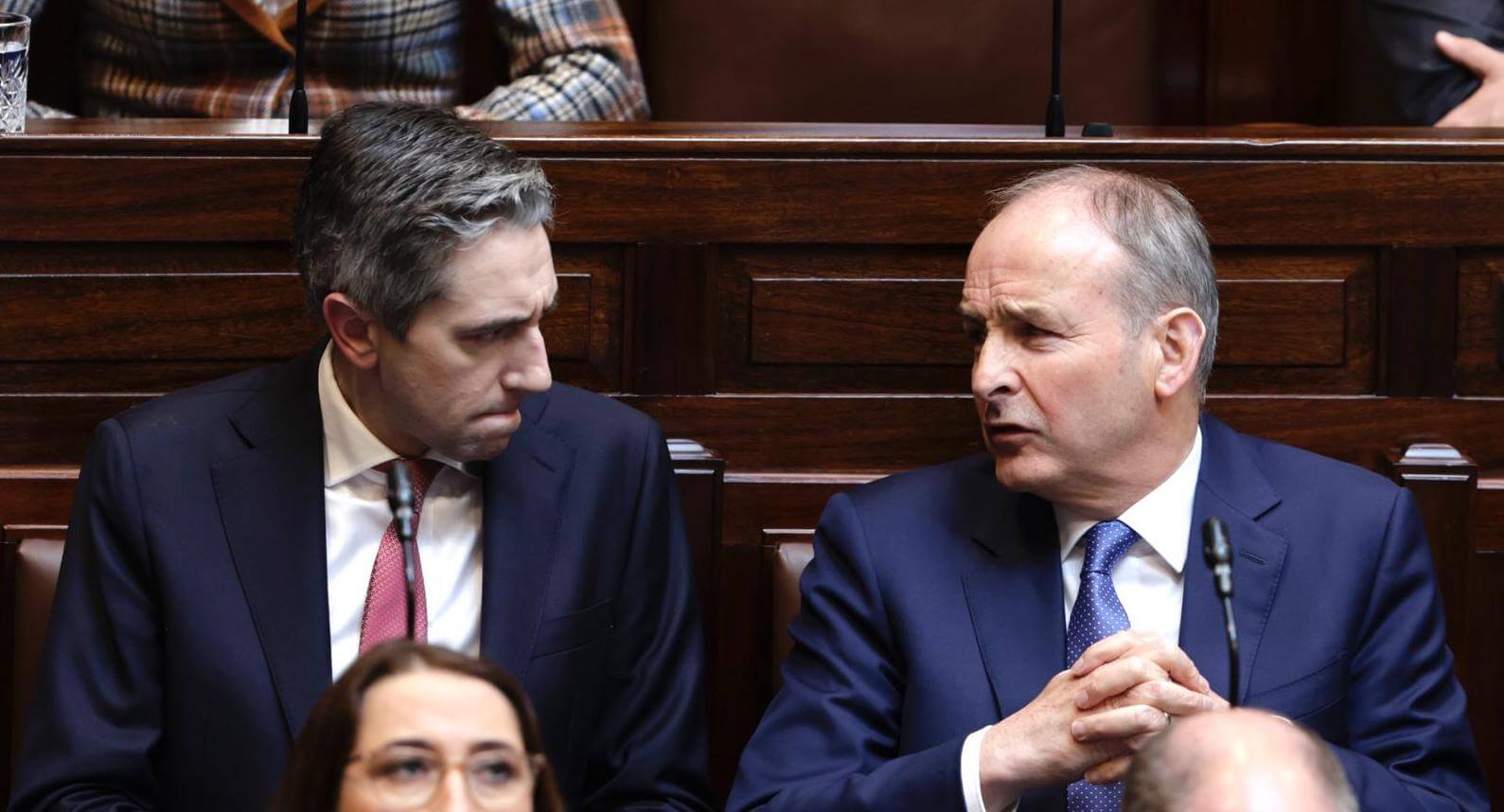There is no doubt that the country is suffering from a severe housing shortage. For many, the prospect of owning a home is a far-fetched dream – a reality the Prime Minister, Rishi Sunak confirmed on BBC’s Panorama earlier this week. According to YouGov, 23% of voters consider housing to be the most important issue facing the country. This has increased from 16% just prior to the 2019 general election, and 10% on the eve of the 2017 general election.
This year’s election is just three weeks away, and the Conservatives and Labour have released their manifestos for government. Halfway through the campaign, and provision of homes and issues around affordability have quickly become key discussion points of this election in a way they haven’t previously.
The availability of housing, or lack of, has been raised on numerous occasions throughout the campaign including in audience questions during the televised debates and launches. For example, at the Labour Party’s manifesto launch this afternoon, party supporter, Daniel, spoke of his experience living in overcrowded housing in East London with his two children. There are many ways in which you could examine the situation the country finds itself in when it comes to housing. One thing is evident though, it is predominantly millennials and Gen Z-ers who are paying the heaviest price for the lack in supply of good quality, affordable housing. So what can we expect from the three major parties should the country afford them the keys to Number 10?
The Conservatives have promised to build 1.6 million homes should they be re-elected. Labour has pledged 1.5 million. The Liberal Democrats have adopted a goal of 380,000 annually. All of these aims are ambitious, considering the last time the 300,000 per year threshold was surpassed in England was in the late 1970’s.
The Conservatives have opted to increase their previous target by over 6% without any real supply-side reforms, while doubling down on their commitment not to develop on Green Belt land. Within its manifesto, the party places a heavier focus on demand-side interventions through the introduction of temporary Capital Gains Tax relief for landlords who sell to their tenants. It also contains the provision for raising the threshold at which first-time buyers pay stamp duty to £425,000.
The Liberal Democrats have also pledged to deliver 150,000 social homes in their manifesto, predominantly achieved through new garden cities and community-led developments. Much like Labour’s new towns initiative, it is notable these will not lead to a meaningful uptick in development in the next parliament.
From a macro perspective, Labour’s manifesto proposals are the more pragmatic of the three as it presents more of a balance in undertaking, much-needed planning reform, and measures including a new low-deposit mortgage guarantee scheme. Its manifesto outlined how Labour would reverse recent changes to the National Planning Policy Framework (NPPF), reintroduce mandatory housing targets, and penalise councils that hinder the planning process. More notably, there will be new powers for regional mayors and the introduction of “cross-boundary strategic planning”. However, the largest variation between Labour and the two other parties is in the recognition that it is almost entirely unfeasible to achieve the required levels of supply through building solely on brownfield sites.
Of course, all of these pledges and their deliverability will hinge on the outcome of the election. If the polls remain as they are today, Sir Keir Starmer and Angela Rayner will have the ability to embark on what is an undoubtedly ambitious agenda and one many believe is a step in the right direction. However, it should also be noted that a large section of the party’s next cohort of MPs will likely represent traditionally Conservative areas that might resist the party’s agenda to build more homes.
Housing is top of mind for almost a quarter of the voting public. It will not disappear as a concern for millions once the election has concluded, and will remain firmly on the political map. The housing crisis is also fuelling a new and expanding coalition of young people. Driven by their frustrations and the reality that they have been dealt a worse economic hand than the generations of their parents and grandparents, the ‘YIMBY’ movement will increasingly influence conversations in parliament. With Labour fielding a notably young slate of candidates, those aspirational and driven voices will make prominent the most British of dreams – homeownership.






